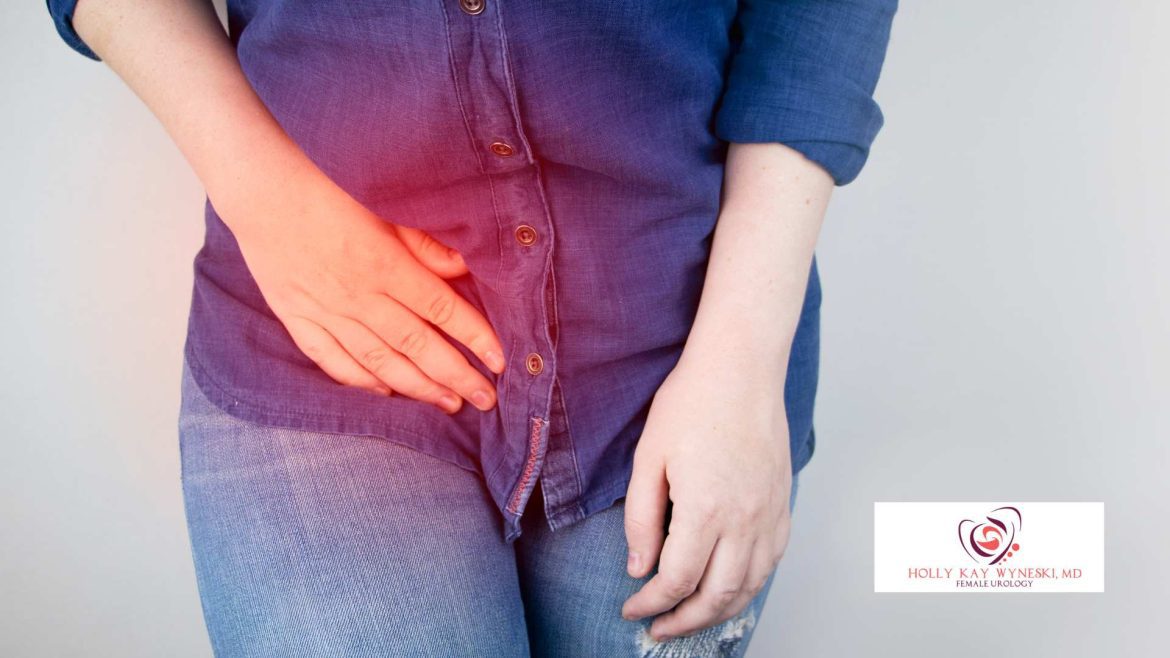What is Interstitial Cystitis (IC) and what are its common symptoms?
Interstitial Cystitis (IC), also known as painful bladder syndrome, is a chronic condition characterized by bladder pressure, bladder pain, and sometimes pelvic pain. The pain can range from mild discomfort to severe pain. Common symptoms include:
• Frequent urination: Patients may feel the need to urinate more often, sometimes as much as 60 times a day.
• Urgency: There is often a persistent, urgent need to uri- nate.
• Pain during intercourse: Many individuals with IC expe- rience pain during sexual intercourse.
• Chronic pelvic pain: Persistent pain in the bladder and pelvic region is a hallmark of IC.
What causes Interstitial Cystitis and who is at risk?
The exact cause of Interstitial Cystitis is not fully under- stood, but several factors may contribute to its development: • Bladder lining defects: A defect in the bladder’s protec- tive lining may allow toxic substances in urine to irritate the
bladder wall.
• Autoimmune response: The body’s immune system may attack the bladder.
• Infection: Although not caused by bacterial infections, a history of urinary tract infections might increase the risk.
• Inflammation: Chronic inflammation in the bladder and pelvic region can be a contributing factor.
By understanding these aspects of Interstitial Cystitis, individuals can better manage their symptoms and seek ap- propriate medical care. Lifestyle changes like avoiding foods and drinks that can irritate the bladder, such as caffeine, alcohol, and acidic foods, can be helpful for many. Physical therapy and pelvic floor physical therapy can help relieve muscle spasms. Medications can be prescribed to relieve pain and inflammation, and bladder instillations where medication is placed directly into the bladder can be helpful too. Bladder training is a technique often used to gradually increase the intervals between urination. In severe cases, surgical options may be considered to increase bladder ca- pacity or remove the bladder. Don’t let urological conditions stop you from enjoying life. Our compassionate team is ready to discuss the options that can help you.
Holly Kay



